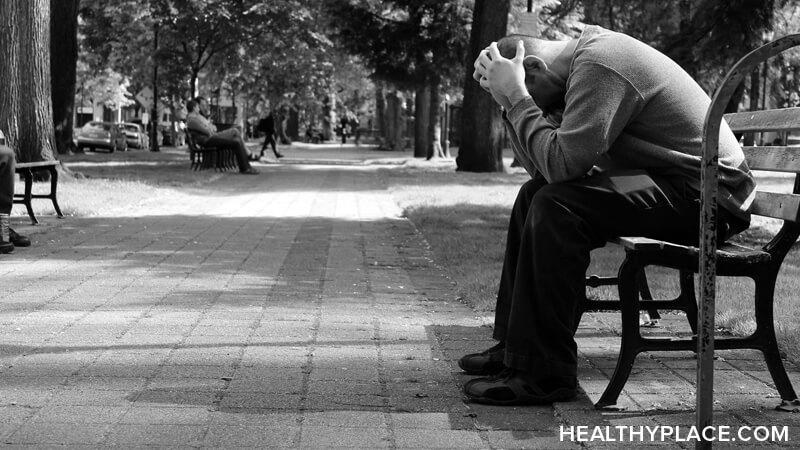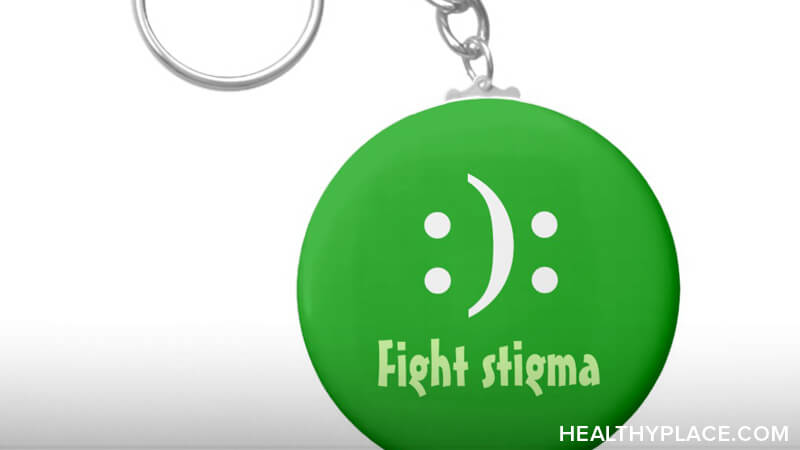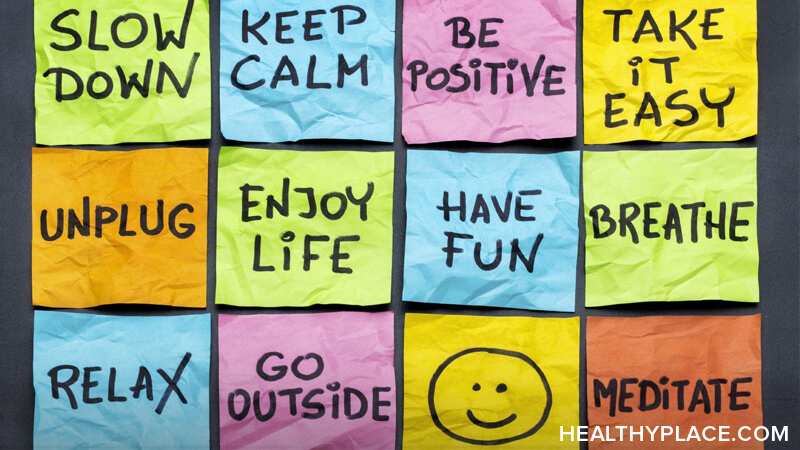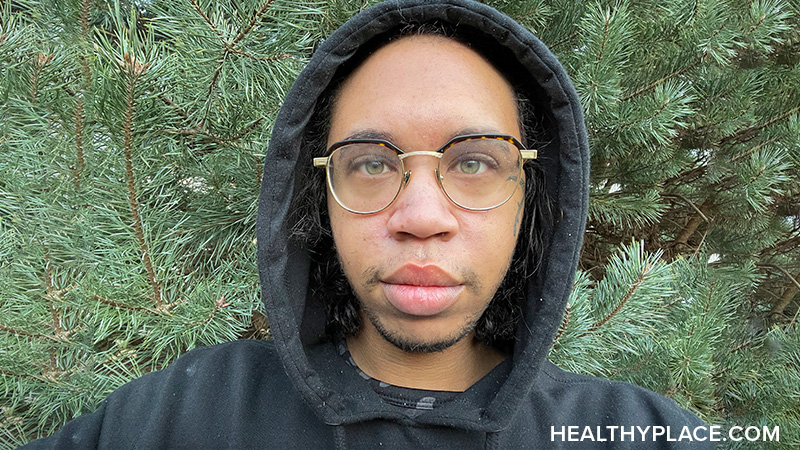
As the youngest in a slightly dysfunctional family full of addiction and mental illness, it was no surprise that I would eventually find myself battling those same demons. I grew up surrounded by booze, drugs, and chaos with very little conversation on the seriousness of alcohol abuse and addiction.
For years, I lived in a cycle of binge drinking for several days in a row, followed by crippling anxiety and deep depressive thoughts that made life feel nearly impossible. Those uncomfortable and unbearable symptoms always led me to the liquor store and right back into the cycle. I found myself stuck, repeating this over and over again.
Finally, after a week-long bender with my family, the shakiness in my body and the racing thoughts in my head told me it was time to stop. I had experienced too many dark days filled with physical and emotional pain, and I knew something had to change. I made a conscious decision to dedicate one month to sobriety.
During this time, a close friend had mentioned a 30-day guided meditation course she had just started. I was willing to try anything to keep me away from the thought of drinking again, so I joined her. Within the first month, I fell in love with both sobriety and meditation. This was where the true inner healing and my road to sobriety began.
Meditation Led Me to Sobriety
Through weekly therapy, reading self-help books, daily meditation, journaling, goal setting, and a lot of uncomfortable alone time, I started to feel connected to who I really was, apart from drinking. I learned how to engage with others confidently and began to enjoy my own company soberly. I found beauty in life again with a sober, clear mind.
Now, guided meditation, practicing gratitude, and mindful walks alone have become a part of my daily routine. These moments are when I feel the most alive and connected to my truest self. These practices have allowed me to break away from the temptation to drink. I changed my life using a power I had all along. I changed my life by putting the bottle down and turning within.
How Mindful Practices Can Help with Alcohol Addiction
At first, meditation was unfamiliar, uncomfortable, and incredibly difficult, but the strength I have gained through my practice has given me the confidence to continue. What I have learned is that it's not about being "good" at meditating. What matters is you are silencing your thoughts and connecting with your mind, body, and soul.
Meditation and mindfulness have allowed me to quiet my thoughts, understand why I chose to drink, manage any cravings, and heal my inner child. It has taught me to live each day with gratitude, compassion, and love. Addiction is different for each person, and overcoming it is certainly not "one size fits all," however, my experience has shown me what a powerful tool meditation can be for recovery.
Mindful Meditation and Sobriety Apps
InsightTimer is a free downloadable app with thousands of options for guided mediation. YouTube is another free resource for guided meditation videos. As for addiction recovery and sobriety, NoMo is a free sobriety tracker with many useful tools and resources to help you maintain sobriety and celebrate your growth. These apps are easy to use and have helped me throughout my journey.
Mindful meditation has given me the strength and desire to want to consciously enjoy my life rather than drink it away. Living with an addiction can feel dark and heavy, but building self-awareness and living consciously can create beauty and bring light to your life. I encourage you to try to find that light because it is within you.









